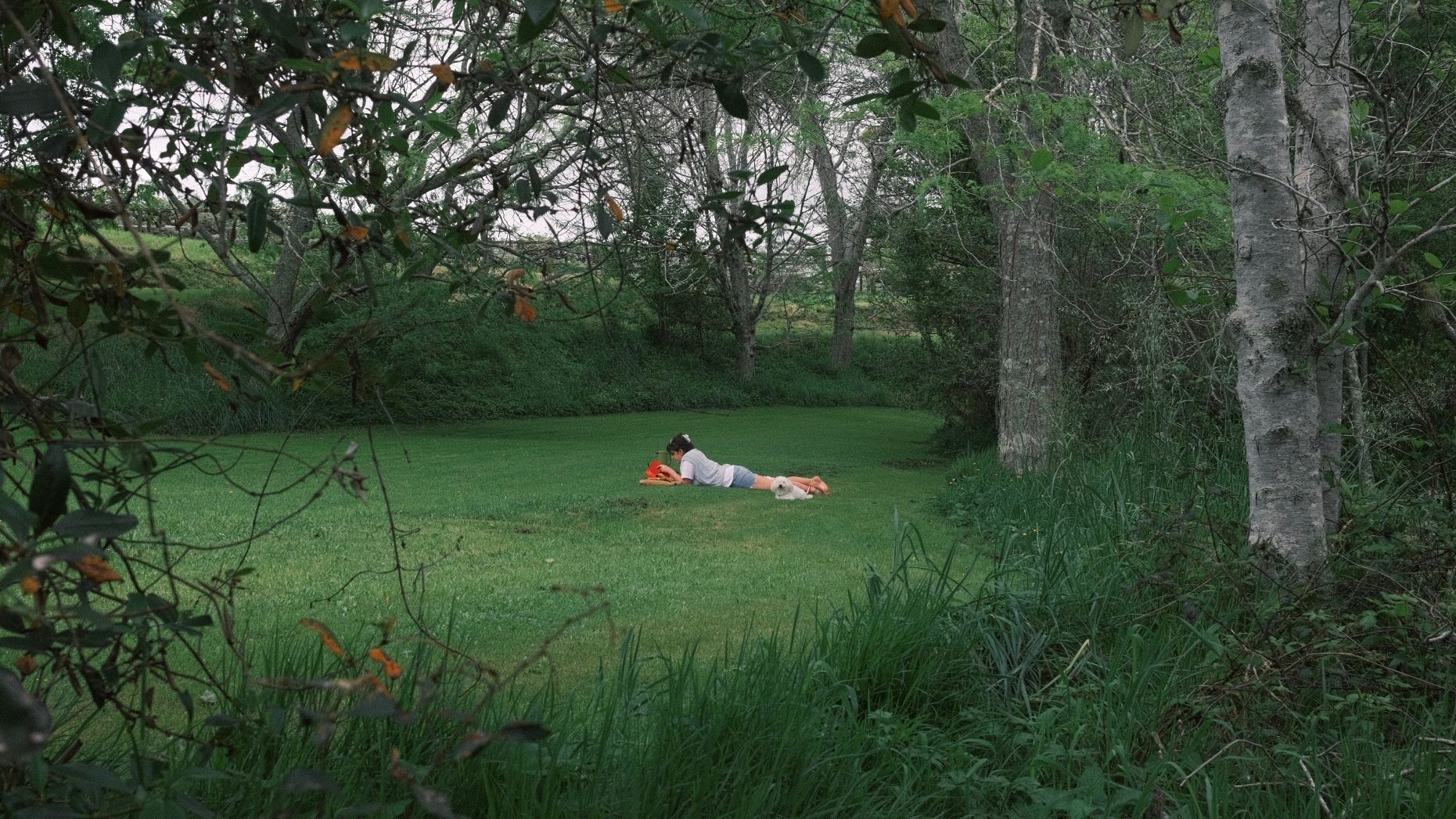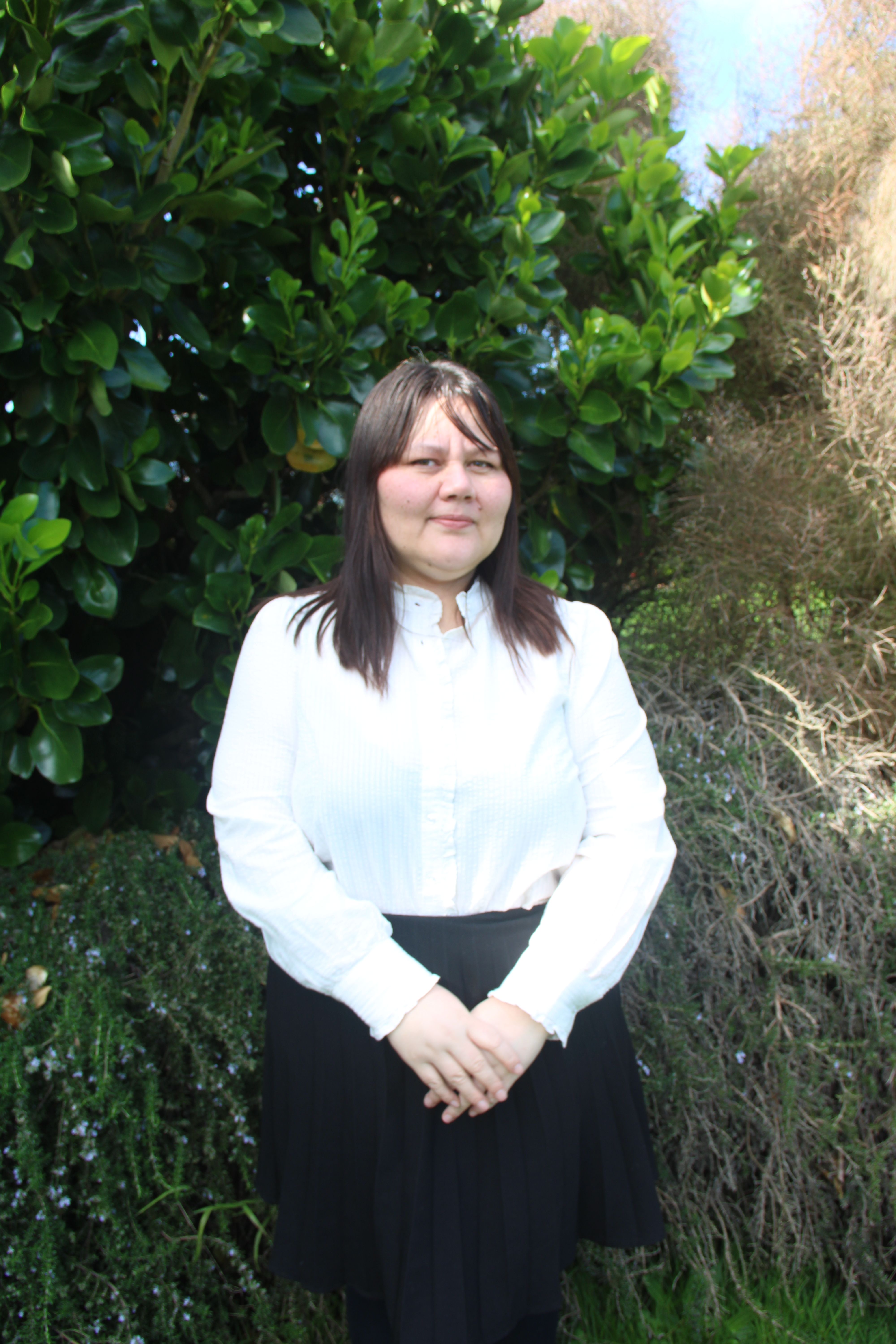Announcing Issue 07: Aroha
Guest Editor Natasha Matila-Smith introduces Pantograph's latest issue with an editorial on the value which underpins it all: Aroha.
I’ve been thinking a lot about love, of late. It’s something I make work about – or at least the desire to be loved – and it’s something that I contemplate and actively partake in some way on a daily basis. I am hitting up those Instagram infographics on love and healthy relationship practices so often, I feel like I have inadvertently picked up some glossy modern language that I don’t necessarily know how to put into practice. Self-love, romantic love, platonic love, so many types of love. So, after I chatted with Van a couple months back about the difference between love in practice and love in theory and all that fun stuff, we excitedly decided upon a love-themed issue.
We excitedly decided upon a love-themed issue.
With the theme set, I found that my mind kept returning to a one-page spread on aroha that I had come across in Cleve Barlow’s Tikanga Whakaaro: Key Concepts in Māori Culture, a crucial bilingual text, a glossary of all the different Māori concepts, published in 1991.
Aroha is an all-encompassing quality of goodness, expressed by love for people, land, birds and animals, fish, and all living things. A person who has aroha for another expresses genuine concern towards them and acts with their welfare in mind, no matter what their state of health or wealth. It is the act of love that adds quality and meaning to life … A person who claims to possess the gift of aroha demonstrates this love by sharing it with all people and without discrimination.(1)
That last part is what really caught my attention. Without discrimination. This excerpt points to the idea that the true spirit of aroha is to be aggressively loving, as an act, regardless of a person’s status or what they mean to you. That love extends beyond people to animals and the environment, to all living things.
Like many of the contributors in this issue, I use love as a process and guide for thinking about where I am in life and how I can move forward, and sometimes it becomes so overwhelming it causes stagnation. Jo Bragg has written about their enlightening experience of choosing to be (temporarily) celibate, Te Aniwaniwa describes a world where the Māori worldview can mean a greater and decolonised experience of Māori love, while Tamara Tulitua gifts us a beautiful ode for the strong wāhine out there; each piece presents a reality where we can see the impact of unapologetic and unrelenting love.
I often think about my responsibility to whānau. I think about being a better friend and, on the flipside, how I’m maybe not being a great friend. I think about what I can do to be a better partner, and then I feel bad that I think about my relationship too much. I think about the environment (how can you not?) and then I keep forgetting my reusable Hello Kitty mug when I get takeaway coffee. My self-worth comes to the forefront a lot. I guess this is being a human being. I keep trying to emulate the heart of the kind of person I want to be. I keep trying, which is worth noting. A person with great aroha. A person like Moana Jackson. He talked about the transformative power of aroha and how aroha-based laws could change our world and relationships:
They say ‘politics is the art of the possible’; but politics should also be the vision of what some see as the impossible, and that necessarily involves an aroha-based perception that all relationships are worthy, that all relationships have a context. So, the relationship between humans is part of a wider relationship with Papatūānuku, and so on. So bearing in mind the complexities of aroha, I think it’s important that politics, in the sense of the ability to be self-determining, to make values-based laws, and so on, to govern how people should live with each other, is necessarily aroha-based.(2)
Header image by Sophie Te Whaiti.
I guess my desire for an aroha-based set of principles or value system is rooted in my real-life anxieties. Like a lot of Māori, I didn’t grow up with te reo or tikanga Māori – I’m not that special in that regard. What I do worry about constantly is the kind of world I might leave behind after I die. And for that reason, I’m not able to stop thriving and trying for a better world. “Kaitiakitanga means guardianship, protection, preservation or sheltering” and it means that, according to Māori culture, we have a duty to care for all things that are living around us. I tautoko Ataria Sharmanand Tayi Tibble and their respective issues Bushand Vibe Shift. Aroha is a continuation of those urgent but sexy calls for change.
I’m extremely proud of this issue and the contributors’ thoughtful and considered mahi. Each new piece shares a fresh take on aroha and an expanded sense of love that I hope can lead to some relief and tangible solutions for moving forward that can benefit everyone. Thank you to the contributors, and to Selina Ershadi for creating a mixed tape for the Aroha issue. I asked Selina to make this playlist after a memorable DJ set at SOAP bar, where she played songs from Buffy the Vampire Slayer, Massive Attack and 90s trip-hop – a nostalgic era for me, lol. I would also like to thank Marie Shannon for the attentive copy editing, Sophie Te Whaiti for the dreamy cover art and The Pantograph Punch tīma for this opportunity and for being my unwavering hype-people!
Natasha xx
- Cleve Barlow, Tikanga Whakaaro: Key Concepts in Māori Culture (Auckland: Oxford University Press, 1991), 8.
- Philip McKibbin, “Interview: Moana Jackson,” The Politics of Love, 18 June 2021, https://thepoliticsoflove.com/interview-moana-jackson/
Aroha
Contents
Art
Te Toi o te Ātetenga: The Art of Resistance: Rangimārie Sophie Jolley explores Te Toi o te Ātetenga: The Art of Resistance, to understand wāhine activist art as a platform to protest and highlight Tino Rangatiratanga.
Aroha for the Glacier: In the collective project Haupapa: The Chilled Breath of Rakamaomao combines pūtaiao, art and storytelling to draw urgent attention to the global climate emergency and our duty of care for Te Taiao.
Loose Canons: In our latest Loose Canons series, we invited artist and curator Talia Smith to share five things that have informed her work. Her practice explores the notions of time, memory, and familial histories.
Literature
Māori Legends – Aroha Mō Ngā Pukapuka: Aroha Novak on Te Reo Māori picture books, and the aroha and awhi you find within them.
HEAL-ing A Response to Simone Kaho’s HEAL!: Simone Kaho's second poetry book, HEAL!, is raw, unrelenting and visceral. Kahu Tumai responds.
three histories: Three new poems by Cadence Chung explore the most common yet ever-elusive subject of poetry: romantic love.
Fruit-Flavoured Shampoo – A Review of 'Love and Other Rituals': Frances Revita on the debut collection of short stories by Monica Macansantos.
Manual for Cleaning Girls Who Need to Do Their Feaus but Have Got Too Much on Their Plate and Dreams on their Mind:
For Tamara Tulitua, soft is the new strong. Through seven new poems, she asks our Moana sisters, how are you going? like, really?
Society
A Better View: Through the act of temporary voluntary celibacy, Jo Bragg gains some personal clarity on the meaning of love.
The Lovecraft of Counter-Strategies: Localised Solutions for Online Hate and Disinformation: Julia Craig suggests ways to engage in the politics of love despite the high-octane world of social media and it's damning irl consequences.
Alternative Routes to Love: Janaye Kirtikar reflects on the heteropatriarchal blue prints of love handed down to her, and asks, is this enough for me?
How Deeply Māori Love: Te Aniwaniwa Paterson unpacks what it means to decolonise her emotions and love deeply - just like Ranginui and Papatūānuku.
Screen
Horror and Hagsploitation: Rachel Barker reviews X, a squeal-inducing slasher filmed in Aotearoa, and what it has to say about our fears of elderly bodies.
Music
Aroha Soundtrack – Love/Desire: Interdisciplinary artist Selina Ershadi has made a curated playlist for Issue 07: Aroha. Fall in love.
Natasha Matila-Smith is an arts practitioner who lives and works in Tāmaki Makaurau. She graduated with a Master of Fine Arts degree in 2014 from Elam School of Fine Arts, University of Auckland. Her practice modus operandi is through confessional text-based works that explore her personal experiences of loneliness and discomfort in the world, at the same time how they relate to larger socio-political structures. You can find out more about her practice at natashamatilasmith.com


